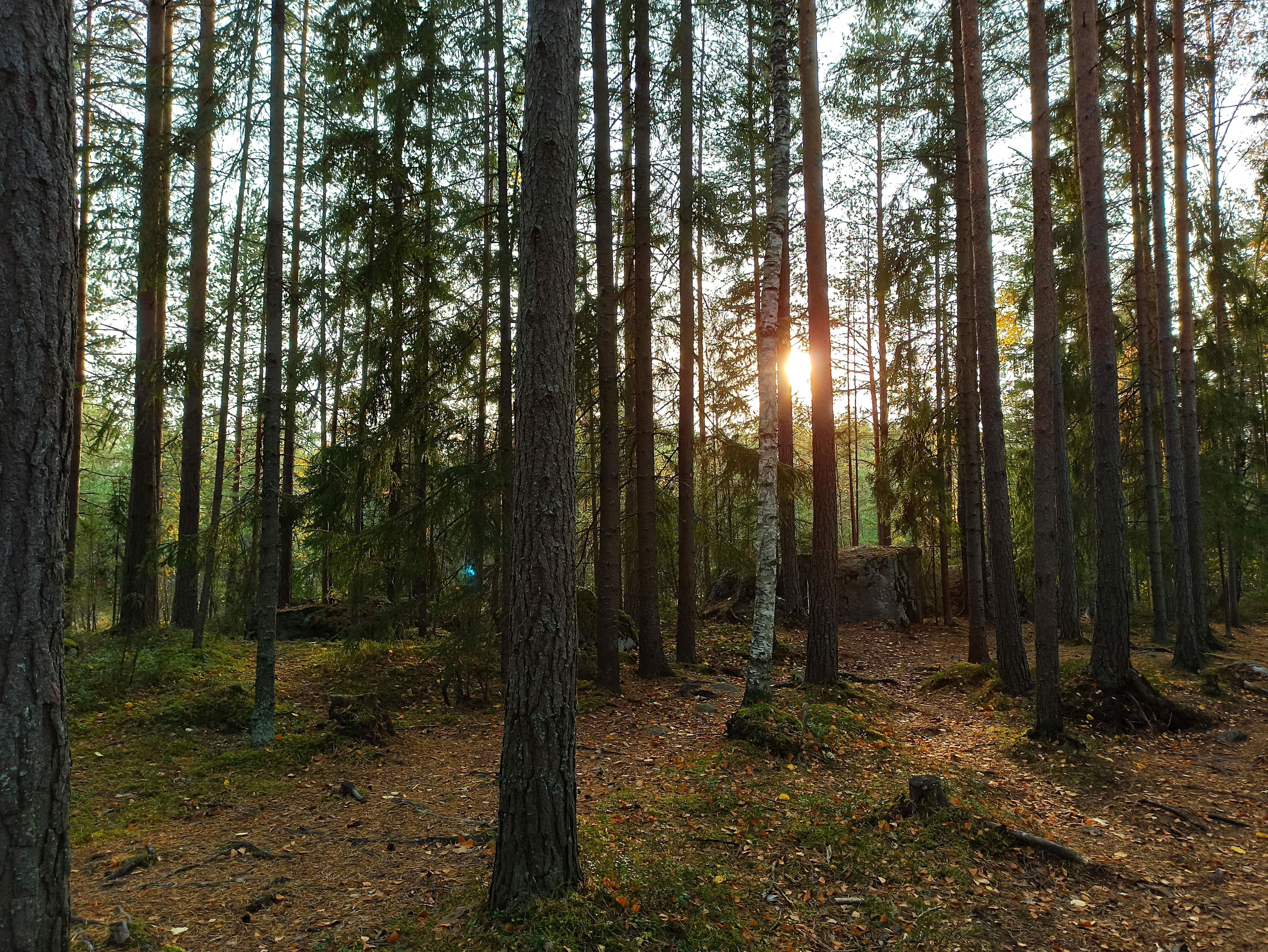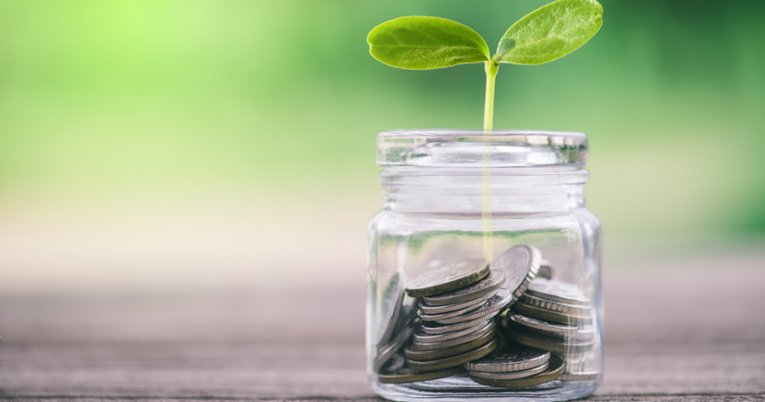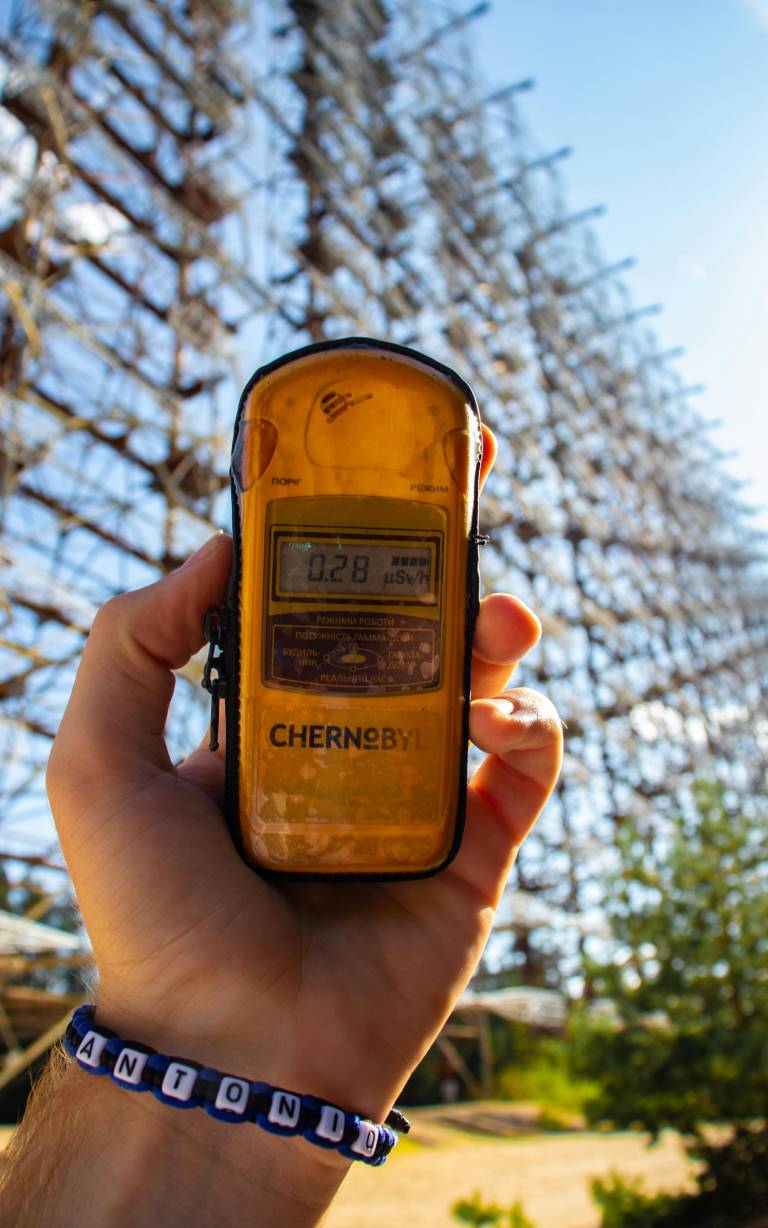Climate change, nowadays, is a common word and topic to talk about.
This blog post is for people believing that the climate change exists. It doesn’t matter how engage you are, how informed or how critical you see climate change. If you believe that climate change exists, this is for you.
Have you ever felt anxious when thinking about the climate change? Have you felt numb, disconnect from the urgency, even if you know how bad it is? Have you ever watched information, incidents and documentation and just wanted it to stop and felt helpless? Have you felt angry? Angry with older generations, politicians, friends, or even yourself? These feelings are utterly normal. If the brain is constantly flooded with bad news, deadlines and stressful situations, your brain has a coping mechanism. Depending on your own personal coping mechanism, you can completely break down, be angry, highly emotional or you feel numb, detached from news and publications.
There is a psychological concept, which shows a 2-phase coping mechanism about trauma and traumatic experiences. The concept states that the window of tolerance accommodates the stress somebody can endure without shutting down and using their coping mechanism. Unfortunately, mental health and psychological concepts are not commonly used by environmentalist. But, transferring this theory on climate change, when feeling too stressed or emotional your body goes into anger, denial and sometimes even collapse, which means no voluntary intake information concerning this topic. A survey, done by me, asking about the negative reactions people have, when reading, hearing, or talking about climate change, 40 out of 56 were scared for the future, while 35 were feeling powerless and 30 felt anger, at some point. If we take these numbers and put them in the context of the window of tolerance, 26 people out of 47 of the survey “probably and definitely” felt a burst through this window of tolerance. This is a significant number. More than half of the people, who answered this question were pushed over their level handling the stress and emotions of climate change. Additionally, 23 people in this group are born between 1990-2000, which means 88% of the people are 30 or younger. These people actively shape and will shape the fight against the climate change and more important, they need to handle the pressure of climate change for a longer period than elderly people. This connection between age, burst of tolerance and the emotion scared for the future are deeply connected. Even though the emotion scared for the future is more commonly found in other age groups, it is with nearly 75% found in the 30 or younger age group. This high number of young people could be due to the age of mine, because the survey did mostly reach my environment, but it still shows the trends of feeling.
Not only are these people the future, but they also need to cope with this problem for a long time. So, what can a person do to overcome extreme emotions, like numbness and anger? The most important thing is to first try to attune yourself with your situations. If you are not attuning to your feelings, you cannot help others. Be compassionate and curios about your feelings, try to ask questions like why and what can I do? Looking at the survey again, people cope with their feelings preferably with conversations and letting it all out, trying to reach their environment. According to Renée Lertzmann, these are perfect ways of channelling your emotions. Conversations with friends, your personal environment or even professors, helps you to refocus. In this context, it is really important not to sugar-coat or undermine your emotions. But find a conversation partner who takes you emotions as they are and have an actual constructive and effective talk to help clear your head.
Another good thing to cope with these feelings is channelling your emotions into actions. I know that there are a lot of different things people can do. In the survey, people name and do a lot of different approaches, like reducing plastic use, switching/ informing about green energy, driving an electric car and changing eating behaviour. Some interact with groups like Extinction Rebellion and Fridays for Future. Involving yourself into your local community, founding a business for fighting against climate change and protesting are good and important steps to help the environment, but nothing, if the everyday life of people does not change. The steps done by the participants of the survey are the imple, but really effective steps of changing everyday behaviour. The good thing about changing everyday behaviour is, that it gradually changes your personal environment. Through your experience and maybe research you and your personal environment will get more and more effective in involving sustainable habits into your life and that is the best to cope with your stress and emotions.
Helping to shape the future is the best action which can be done to take the fear and the anger and
transform it into power!
Sources






Comments